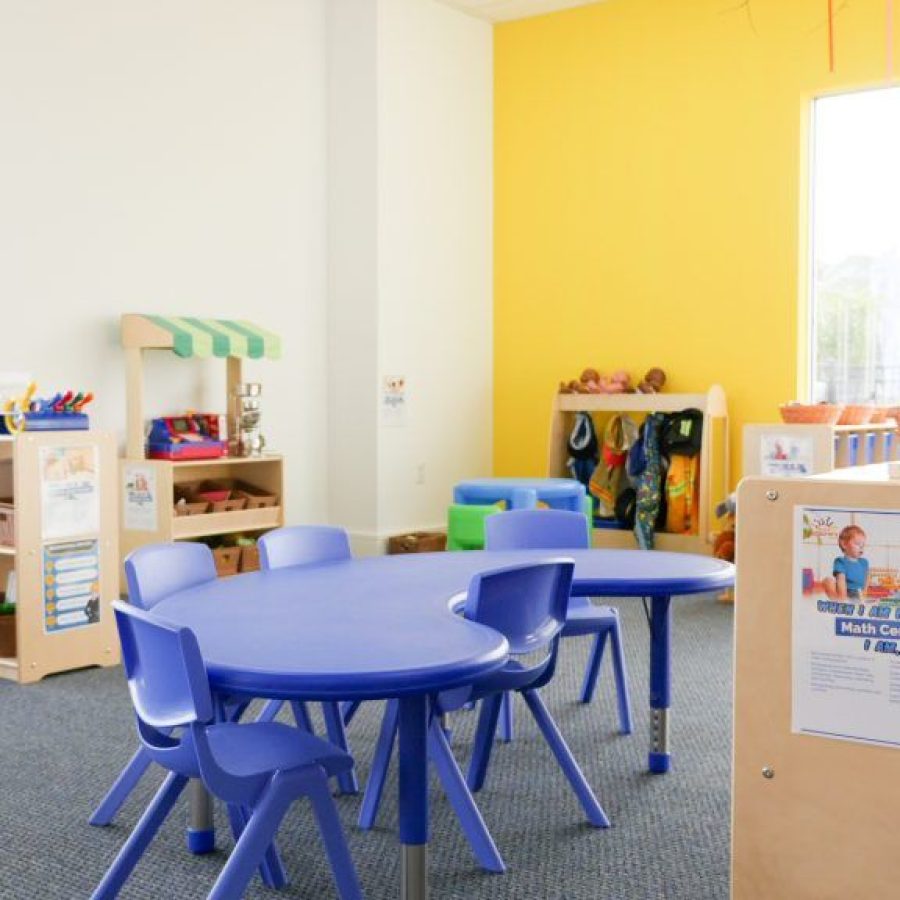Social skills are something children learn just as they learn how to talk, walk, read and write. As infants and toddlers, children first learn to socialize with their parents and family members. But as their sphere of experience expands beyond the home, they begin to learn to interact with other people including children their own age.
Typically, they first encounter other children in the company of their parents, such as at parks, on walks, or while visiting relatives or friends who also have children. Much of this learning is intuitive in the sense that children learn to socialize with other children by interacting with them within a controlled environment, such as under the supervision and encouragement of their parents and family.
School Days
Eventually, children are introduced to others their age at pre-school, kindergarten, or elementary school. For children who have not yet developed social skills, this can be a big jump. It is at this time that any problems with social skills start to appear.
Fortunately, most teachers are trained and experienced in identifying and working with children who are still developing their social skills. Those who perhaps haven’t had the advantages of an expansive social circle at home can gently be encouraged to interact positively with other children and express themselves successfully in the classroom.
Developing Personality
In the classroom environment — outside the direct influence of their parents or family members — children can start to exert their independence, which can build self-confidence and boost their self-esteem. They also enjoy the support and encouragement of trained education professionals.
Like any learned skill, the more children practice their socialization with others their age the more adept they become at it. And there is some evidence that suggests that earlier introduction to peer group settings — such as pre-kindergarten and daycare programs — can help accelerate the development of these critical skill sets.


